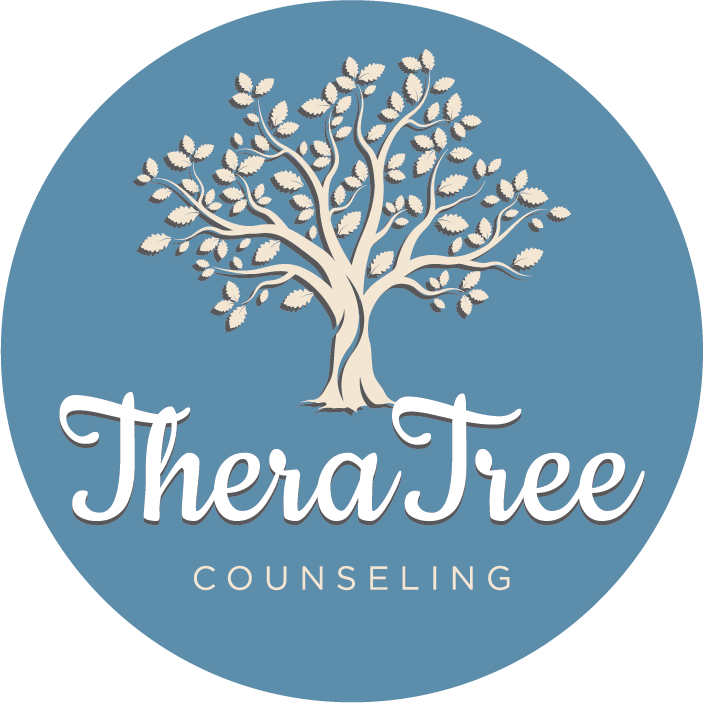Dealing with the Inner Critic
We often think that criticising ourselves will protect us from further pain and hurt. The reasoning goes that by beating ourselves up, maybe we can beat ourselves into submission and stop certain behaviors. While this type of negative self-talk might work in the short term, it generally does not lead to long term results. Why? Self-criticism keeps us trapped in shame. Shame tells us that we are defined by what we do. It’s harder to break out of a behavior when the behavior is who we are.
By contrast, self-compassion enables us to change. Many people balk at the idea of compassion enabling us to change, because they equate self-compassion with denial of wrongs. The opposite is actually true - we can only have compassion on ourselves when we fully see ourselves for all that we are. That’s why I like the word self-acceptance in conjunction with self-compassion. We take into account both the light and the dark, the good and the bad, all parts of ourselves. We choose to lean into our failings with a softness and grace in the same way that we would tend to an open wound. We care for the hurt that exists in the dark and guilty parts of ourselves. This acceptance and care breaks us out of the paralyzing shame so that we can move forward.
The trouble is that for many of us, our inner critic is so much a part of our being that we may struggle to recognize this critical voice within us. It may be helpful here to keep a journal to literally take note of when the inner critic shows up, what specifically it is saying, and in what tone of voice it is speaking these words in. Then, consider if the inner critic reminds you of anyone in your past. We often take on early caregivers' shaming voices. Now, approach your inner critic with compassion and empathy. Try saying, "I know you are scared and trying to protect me. Would you be willing to step aside so that I can hear from my compassionate side for a minute?" Next, reframe the words of your inner critic in a more compassionate way. If you're stuck, consider what the most compassionate person you can imagine, a good friend, or kind mother would say to you.
